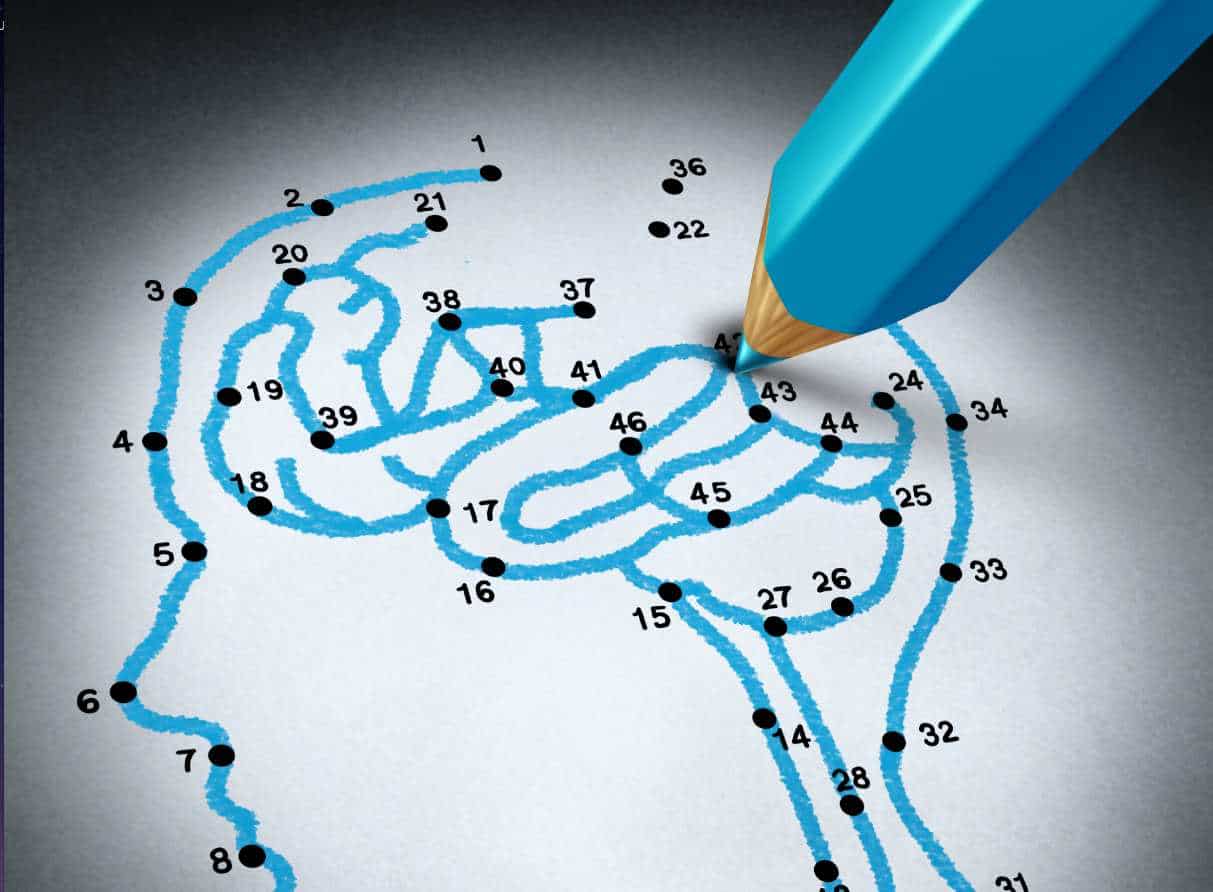
Alzheimer’s disease could be diagnosed with a single MRI brain scan, according to new research by Imperial College London.
Currently, doctors use a raft of tests to diagnose Alzheimer’s, including memory and cognitive tests which can take several weeks, both to arrange and to process. The new approach requires only one of these, an MRI brain scan taken on a standard 1.5 Tesla machine, commonly found in most hospitals.
The new approach is an adaptation of an algorithm developed for use in classifying cancer tumours. Researchers divided the brain into regions and allocated different features to each of these, training the algorithm to identify where changes to these features could accurately predict the existence of Alzheimer’s.
This was tested on brain scans from over 400 patients with early and later stage Alzheimer’s, healthy controls and patients with other neurological conditions. They also tested the approach with data from over 80 patients undergoing diagnostic tests for Alzheimer’s at Imperial College Healthcare NHS Trust.
The team found that in 98% of cases, the MRI-based machine learning system alone could accurately predict whether the patient had Alzheimer’s or not. It was also able to differentiate between early and late-stage Alzheimer’s with fairly high accuracy, in 79% of patients.
Alzheimer’s is the most common cause of dementia in the UK, affecting over half a million of the UK’s population. Although the disease is most common in people over the age of 65, people under this age can develop it too. There is currently no cure for Alzheimer’s, but medicines are available that can help relieve some of the symptoms.
The technique’s ability to identify the disease at an early stage, when it can be difficult to diagnose, will allow patients to access help and support, get treatment to manage their symptoms and plan for the future earlier.
Professor Eric Aboagye, from Imperial College London’s Department of Surgery and Cancer, who led the research, said: “Currently no other simple and widely available methods can predict Alzheimer’s with this level of accuracy, so our research is an important step forward.
“Waiting for a diagnosis can be a horrible experience for patients and their families. If we could cut down the amount of time they have to wait, make diagnosis a simpler process and reduce some of the uncertainty, that would help a great deal. Our new approach could also identify early-stage patients for clinical trials of new drug treatments or lifestyle changes, which is currently very hard to do.”




